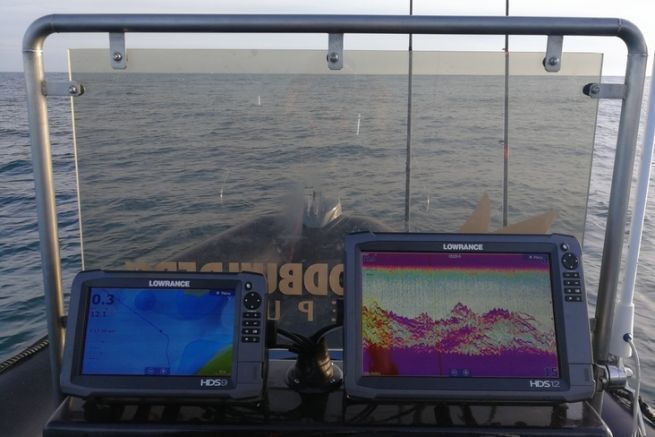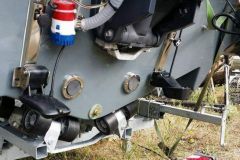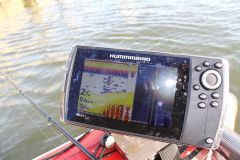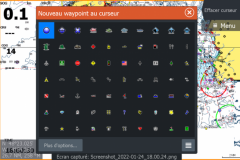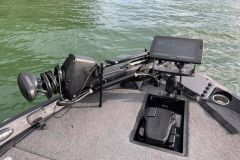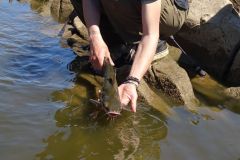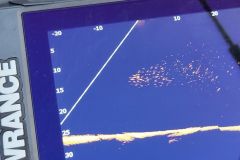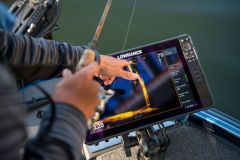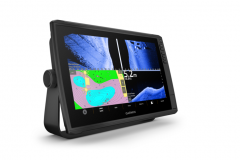The progress in terms of onboard electronics is very important over the last 2 decades and some revolutions are born on a regular basis. Without even mentioning the case of boats, today almost all kayaks and a majority of float tubes are equipped with electronic equipment. Even the fishermen on board are starting to be equipped with them.
But is it easier to fish with it and more importantly, is it more difficult without it, to the point of not being able to do without it? By concentrating our information gathering on tools, aren't we forgetting to develop other capacities?
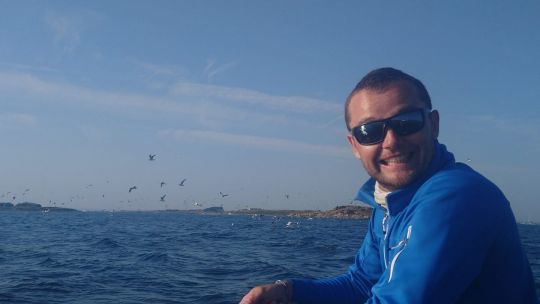
Is it always necessary?
The answer is negative and I can affirm it! For many species such as pike in freshwater for example or tuna in the sea, the use of electronics is not essential and brings little in the end. Observation of the environment is much more important for locating them than identifying a relief, determining a depth or looking for echoes in the open water. Except for some very specific practices, there are, fortunately, many species and even many environments where the benefit of electronics tends to be zero.
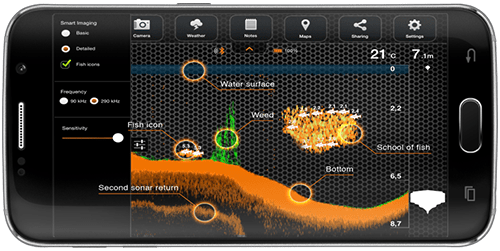
Look up from your screen
Indeed, as we have just said, the sense of observation is a decisive element in fishing and if we do not lose it, we sometimes forget it by remaining riveted on our screens while the evidence is there at a few tens of metersâ?¦ Still it would be necessary to observe its environment to realize it!
Thus, fishing without a depth finder means having to be attentive to external and natural signs, to look for activity, the presence of birds, hunting, forage fish. These signs are sometimes fleeting and you have to look for them and put your eye on them to discern them!
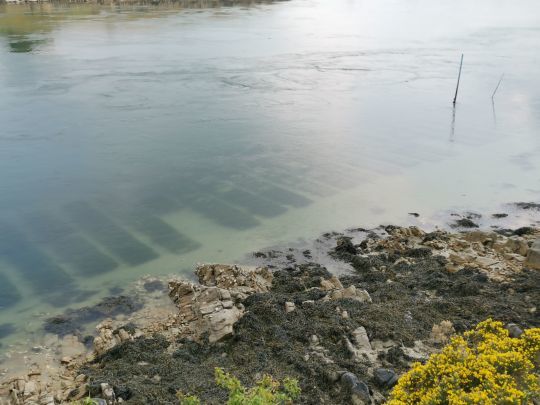
Read the water
In the same logic, turning off your electronics means going back to basics and understanding what is happening on the water side of the mirror by observing it and not by "scanning" it. So, "reading the water" is a skill that every angler should force himself to develop on a regular and conscious basis. Identify the main current vein, secondary veins, backwaters and eddies and interpret them in terms of obstacles to water flow.
Many times, the rock head you see appearing on your screen and already translated to the surface as a swirl in the middle of the currentâeuros¦
Similarly, observing shoreline structures and water color variations can help you identify changes in depth, but also in substrate.
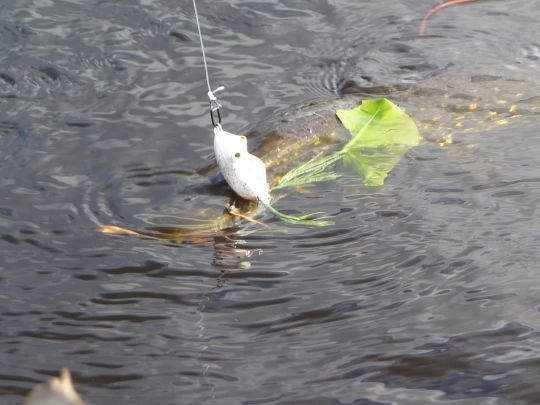
Focus on your sensations
Very often when fishing with soft lures and especially near the bottom, we adapt our animations to the information transmitted by our screens. We adapt to the variations of depths in the moment or we change lures by arriving on a zone not by relying on the sensations felt in our wrist, but by interpreting theoretical data.
Turning off your screen can help you refocus and improve your bottom reading and line driving. We quickly realize that the carbon of our blank is a real mine of information!
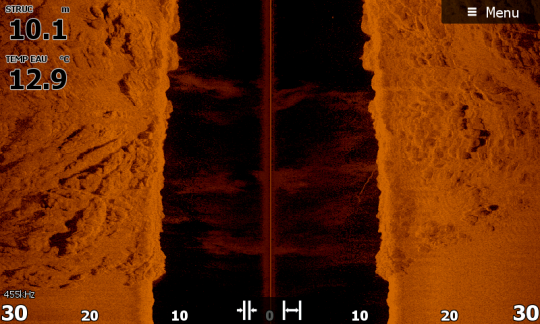
The limits
If it is obvious that depriving oneself of comfort and technological progress is possible under certain conditions and even beneficial in terms of learning, the democratization of electronics to transform and even develop forms of practice that would be unthinkable without their help.
In addition, in very large environments, such as the sea, large lakes or some rivers where depths can be very large and varied, only electronics can give us access to bathymetric information. The reading of the water without current or with great depths becomes impossible.
Finally, in certain scabrous environments, such as estuaries and rocky coasts subject to tides, or rivers strewn with outcropping boulders, as can exist in Sweden, the use of electronics is a matter of safety and without them would make no sense.

 /
/ 